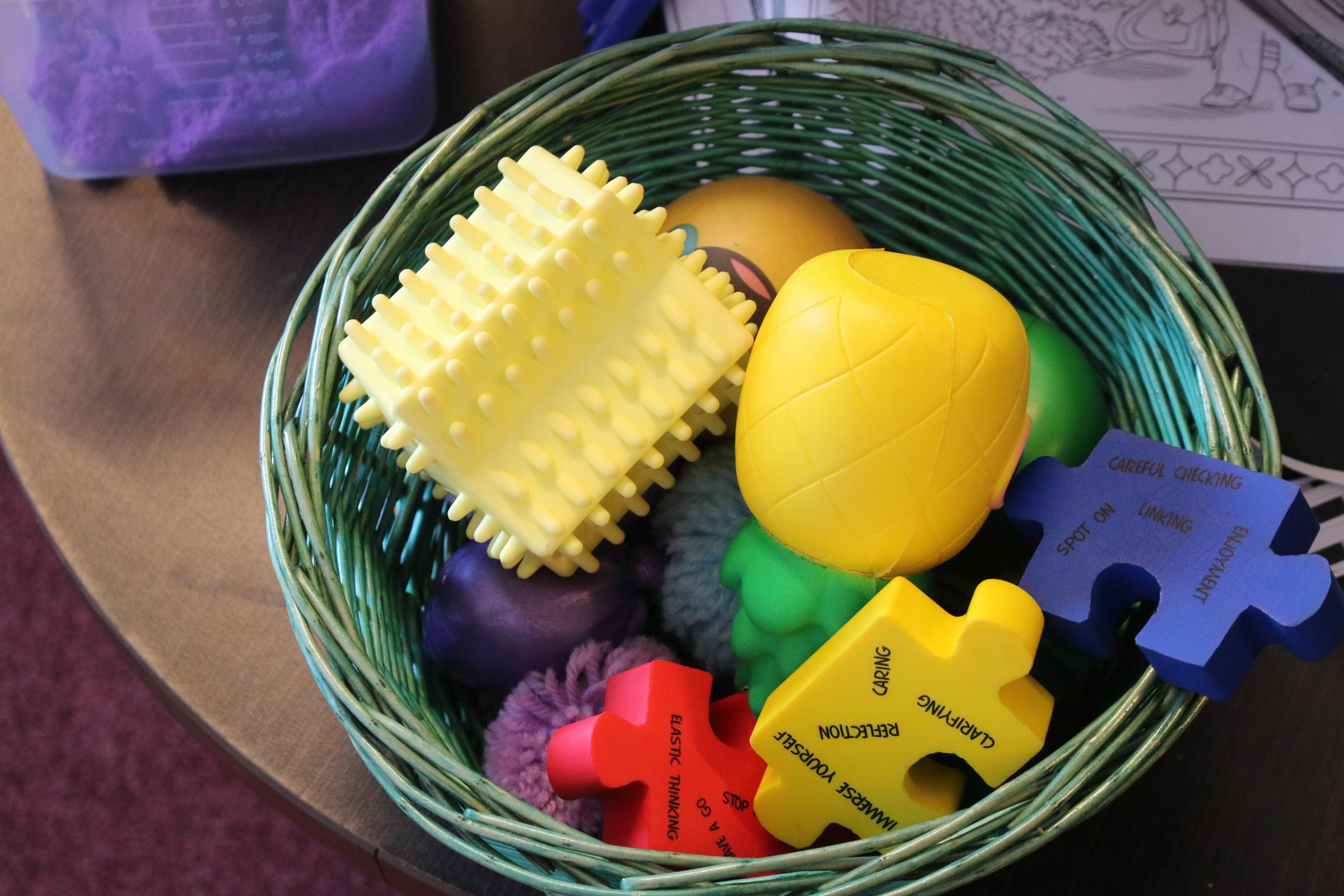Counsellors' Corner

In light of the upcoming school holidays and particularly considering the social restrictions related to COVID-19, it is timely to consider how you can maintain a supportive family environment. Now more than ever, it is easy to be distracted with constant updates and changing information. It is likely that, in the coming weeks and months, you and your families will be impacted by the implications of COVID-19. Young people in particular may be experiencing more distress as their routines change and they face social isolation from their peers.
Mindfulness is an increasingly essential strategy and can be useful in parenting. Mindfulness is a tool which can assist parents when they’re facing challenging attitudes or behaviours from their young person. Mindfulness is the process of non-judgmentally bringing one’s attention to the present moment (American Psychological Association, 2012). In the busyness of life, and even more so now with the constant stream of information bombarding us, it can be difficult to pay attention to what’s happening around us in the moment. This can make it difficult to focus on our young people and to be aware of their individualised cues, gestures, or responses that indicate something is going on for them. This can make it even more difficult to respond to their needs. Adolescence involves many changes, which may include their warning signs and ability to communicate when they are facing a problem. While they may have previously sought advice from you, they may now communicate less with you and more with their peers. This is a crucial time to observe your young people and to re-discover their early warning signs that they may be struggling with something. That way, you can respond appropriately in a timely manner. Parents are facing an extreme amount of stress given the current situation, and it is vital to be aware of how this may impact you. As you respond to your young person, be aware of your own emotional experience and how this may be impacting your verbal and non-verbal communication.
These are some general strategies to help you communicate with your young person and to help you continue to facilitate a supportive family environment, for everyone at home.
- Listening – Remember that we are all given two ears and one mouth. This is to remind us that we should listen more than we speak. This is especially important when talking to young people, who may tell us more if we are silent long enough to give them the opportunity.
- Make time to spend together – Whilst young people’s natural inclination is to communicate more with their peers than adults, making time to be together is equally important. This may be as a family, or individually doing something that your young person enjoys. Time together without speaking but just being together is also okay. Feeling included and special is vital for every young person’s sense of positive self-esteem.
- Give them privacy – Young people need their own space. For example, knock before you enter their room.
- Keep up with their interests – Be aware of their peer network, their interests in music, television shows, etc. Be willing to take an active interest in their life.
- Be a loving parent – Adolescence is a time when young people often struggle with their changing sense of identity and need to feel loved. Tell them often you care. Demonstrate your love using whatever physical contact they are comfortable with. Celebrate their achievements, forgive their mistakes, listen to them when they have a problem, and show interest in how they plan to solve it. Support them in their problem solving.
- Have fun – Make time for leisure and laughter. Good feelings help to build good rapport
Whilst communication is vital, it is also okay and important to set boundaries. Given the amount of time that is to be spent at home currently, it is essential that you are monitoring your young person’s use of technology and social media. Role modelling appropriate use of technology and ensuring time is made as a family without the use of technology will create opportunities to implement mindful parenting.
Wishing you and your family the very best during these challenging times
Emma (Moore) and Ellie (Keane)
